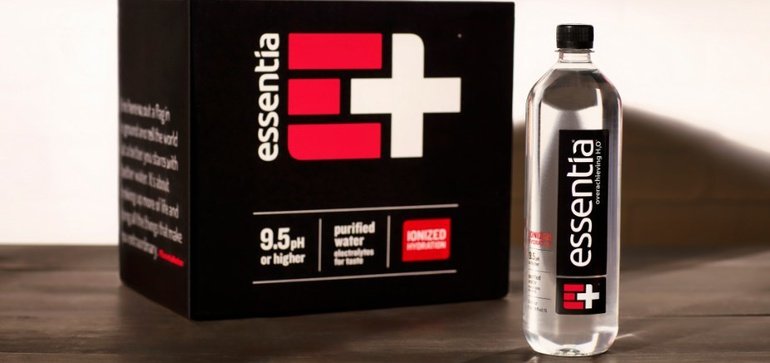Pace of M&A, divestitures likely to increase in 2021, survey finds

Dive Brief:
- An estimated 80% of executives believe M&A deal-making activity will continue increasing after the lows during the pandemic in 2020, according to a survey of 100 CPGs and retail executives by Kearney. Divestitures also will be hot with up to three quarters of the top 20 consumer companies likely to undergo a major divestiture in their portfolio.
- Kearney said the current marketplace will favor sellers as entities shed assets and search for new opportunities to spur growth and better reflect current trends. The financial stimulus, low interest rates, cash stockpiles looking to be invested by companies and private equity firms, and surging equity markets will give more ammo to groups looking to buy.
- Few spaces in the CPG world are as ripe for M&A as food and beverage companies. Manufacturers in the sector, such as Mondelez International and Nestlé, are aggressively repositioning their portfolio to prioritize faster-growing brands and increase their presence in trends like plant-based and healthy eating.
Dive Insight:
As CPGs look to grow, M&A and divestitures will be a major part of their business. Kearney noted the first quarter of 2021 showed robust M&A activity with $58 billion in deals, up 40% from the first three months of last year.
All signs point to a marketplace conducive to more activity with buyers looking to overhaul their portfolios and sellers in many cases benefiting from a long list of potential suitors willing to pay up.
“Consumer and retail executives are keenly aware that organic growth and innovation alone are often insufficient,” Bahige El-Rayes, Kearney’s partner in the consumer practice and co-author of the report. “The more active 2021 M&A and divestiture market will require leadership and bold imagination to pursue alternative strategies, with an eye toward creating both immediate- and longer-term growth opportunities.”
The consulting firm noted the CPG industry is being driven by new consumption behaviors, a renewed focus on
sustainability and reshuffling consumer loyalties with technology-enabled convenience. This has prompted companies to overhaul their portfolio to better reflect shopper needs and differentiate themselves from their competitors, making M&A and divestitures an increasingly attractive option.
With a hunger for deals and plenty of cash to purchase these businesses, companies are more motivated than ever to jump at the chance to sell. They would much rather have money on hand they can use to invest in their business or to purchase another brand or company more in tune with their long-term goals.
The food and beverage space so far in 2021 reflects many of the key points Kearney noted in its report.
Mondelez, for example, snapped up in January the remainder of Hu, a maker of premium snacks and chocolates made from simple ingredients, and in May announced plans to purchase Chipita, a Greek company that makes croissants and baked snacks. It’s also conducting a “strategic review” of its gum segment that could eventually include a sale of brands such as Trident and Dentyne. Gum has been one of the hardest hit segments during the pandemic as consumers spend less time on the go.
Nestlé acquired Essentia Water, the leading alkaline water brand and the No. 1 selling bottled water in the natural channel, in March. The acquisition came just two weeks after Nestlé sold its North American bottled water business for $4.3 billion to focus on its international premium brands like Perrier and San Pellegrino, local natural mineral waters, healthy hydration products and functional water.
“We’d love to do more acquisitions if the opportunity arises, but it has to be the right one,” Sanjay Bahadur, deputy executive vice president and head of group strategy and business development at Nestlé, said in an interview earlier this year. “The big moves are never done because the market never stays still and we need to keep up to date with it.”
A major theme in M&A going forward, Kearney found, will center around localization. Companies are placing more value on having deep local consumer insights, shorter/local supply chains, and a focus on in-market new product development capabilities. As a result, Kearney said 85% of executive surveys report next year’s focus will
be on more on local trends.
Source: fooddive.com

